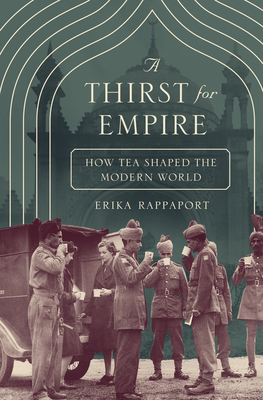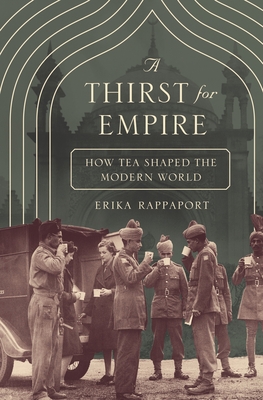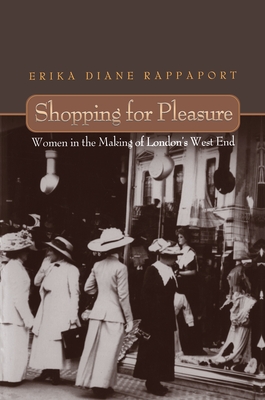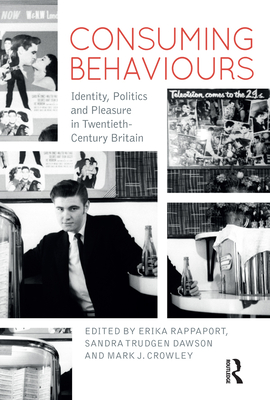
A Thirst for Empire:How Tea Shaped the Modern World
Interview with Erika Rappaport
October 18, 2017Sign Up to listen to full interview.
About Erika Rappaport
I am a European cultural historian, interested in the history of gender and consumer cultures in Modern Britain and its Empire. I study how how the history of consumption and commodities were integral to the construction of identities, politics, and economies in the 19th and 20th centuries.
My recent work positions the British Empire within a broader global framework. I enjoy teaching comparative histories of gender, consumerism, urban history, food history, and the history of empires, capitalism and globalization.
Current Research Interests
My current book project, tentatively titled White Mischief : Public Relations at the End of Empire, explores how the relatively new field of public relations managed the process and memory of decolonization between the late 1940s and 1970s.
During these years international public relations campaigns shaped capital investments, promoted capitalist values, and secured colonial relationships decades after political imperial ties were severed.
The project reveals the global power of PR and also demonstrates how global forces shaped the history of public relations. It offers as well a genealogy of the political power of business in the postwar world.
Source: University of California, Santa Barbara - Department of History
Interview Summary
Tea was first introduced to Britain and Europe in the early 1800s and quickly came to be seen as a civilizing force among its noble and merchant classes. With the rising popularity of tea, the European merchants rushed to import tea from China, before seeking help from the ruling class to find other sources of the valuable commodity.
In an interview with Readara, Erika Rappaport, explains how British rulers sourced, marketed and taxed tea to finance the expansion of the empire. In her exhaustively detailed book, the author of A Thirst for Empire weaves together the story of Britain’s empire building, the globalization of tea as well as the spread of colonization to India and Africa.
In the early 18th century, alcohol was the beverage of choice because of the lack of potable water on much of the British Isles. As the British government promoted temperance movements, workers around the country were encouraged to drink tea at work, thus trumpeting health and stimulating benefits. This growing popularity of the aromatic beverage prompted the government to monopolize tea trade and promote the Empire Tea as a patriotic drink and a way to support the British overseas expansion. Meanwhile, the British Raj ruthlessly exploited Indian labor in order to grow tea in the Northeastern region of India, allocating all the profits from sales in India, Britain and elsewhere in the Empire into the modernization of its navy and the logistic support for new territorial aspirations.
Key Topics
- What are the origins of tea and why is it considered a wholesome and vital drink?
- Why did the globalization of tea end up influencing the international economy and lead to the rise of mass consumerism?
- How did profits from tea fund British imperialism and fuel colonization?
- How did tea cultivation in British India bring about changes in land use, labor practices and shipping?
- What were the technologies and marketing techniques that were critical in making tea popular in the British Empire?



